Study identifies risk factors and symptom clusters associated with long-COVID Coronavirus Disease COVID LongCOVID SARSCoV2 Join_ZOE BSMSMedSchool SussexUni
By Tarun Sai LomteNov 17 2022Reviewed by Emily Henderson, B.Sc. A recent study posted to the medRxiv* preprint server evaluated risk factors associated with long COVID.
The ZOE COVID-19 symptom tracker app is a promising avenue to examine long COVID symptoms. More than four million people have downloaded it and are encouraged to track daily symptoms. This dataset has been instrumental in multiple COVID-19-related studies in identifying predictors of hospitalization, symptom clusters, vaccine efficacy, and side effects, among others.
Participants were required to have logged on for a minimum of 120 days overall, tested SARS-CoV-2-positive between July 1 and December 11, 2020, with a body mass index between 15 and 55, and logged within seven days of the positive test. In addition, the sampled population was tested for selection bias against a reference sample that included anyone who logged on at least 120 days and tested positive from July 1, 2020, to January 1, 2021.
Findings The researchers identified 4,040 app users after applying eligibility filters. Most app users were female and white . Participants mostly lived in areas of higher income levels. 13.6% of the sample satisfied the criteria set for long COVID; 15.1% of the long COVID cohort had no symptoms when testing SARS-CoV-2-positive. Participants in the long COVID cohort initially recovered from symptoms within three to four weeks of the positive test.
Belgique Dernières Nouvelles, Belgique Actualités
Similar News:Vous pouvez également lire des articles d'actualité similaires à celui-ci que nous avons collectés auprès d'autres sources d'information.
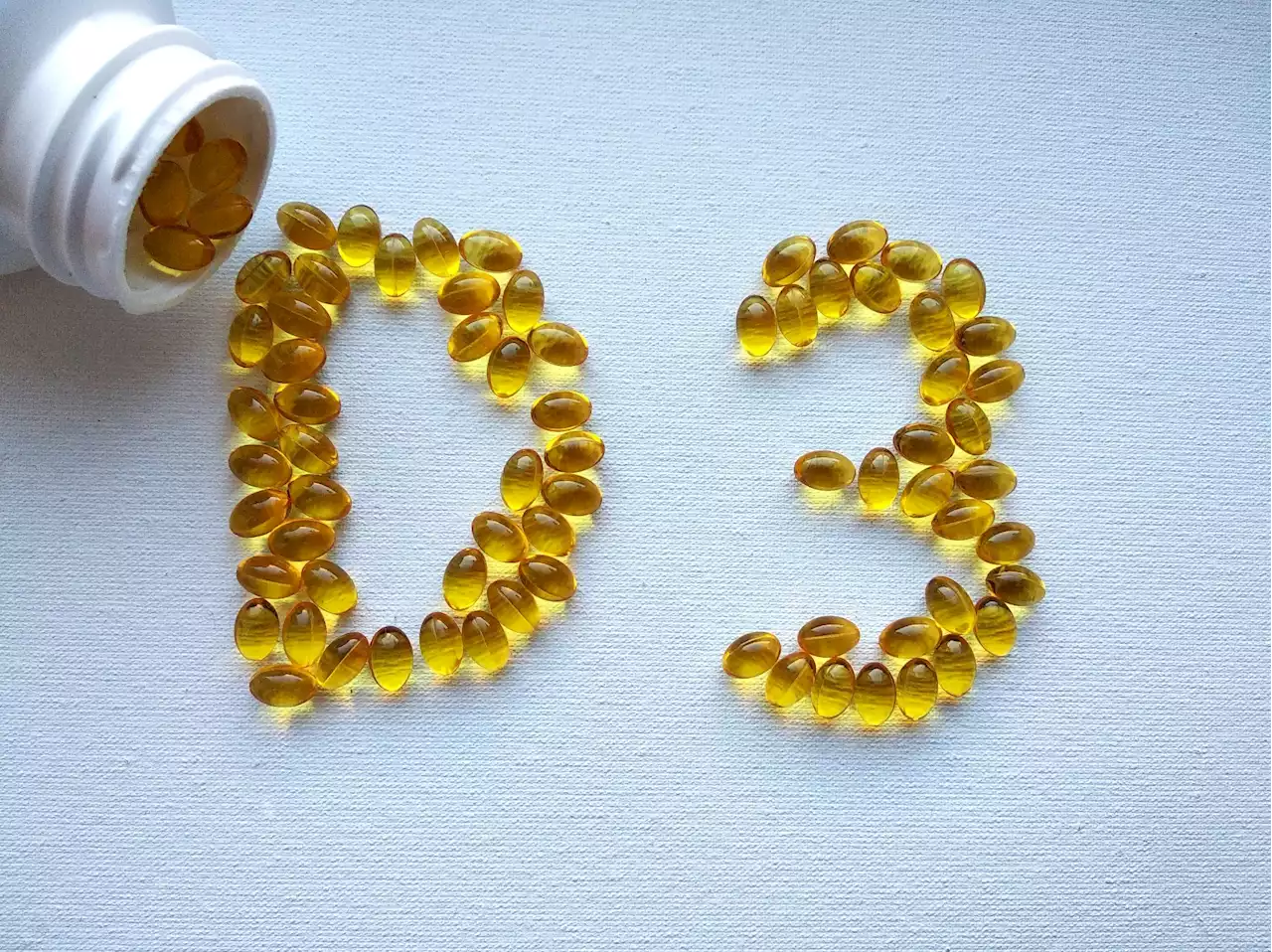 Vitamin D can reduce severity and spread of COVID-19In a recent study published in the Scientific Reports journal, researchers in the United States assessed the relationship between supplementation with vitamin D and coronavirus disease 2019 (COVID-19) and related mortality.
Vitamin D can reduce severity and spread of COVID-19In a recent study published in the Scientific Reports journal, researchers in the United States assessed the relationship between supplementation with vitamin D and coronavirus disease 2019 (COVID-19) and related mortality.
Lire la suite »
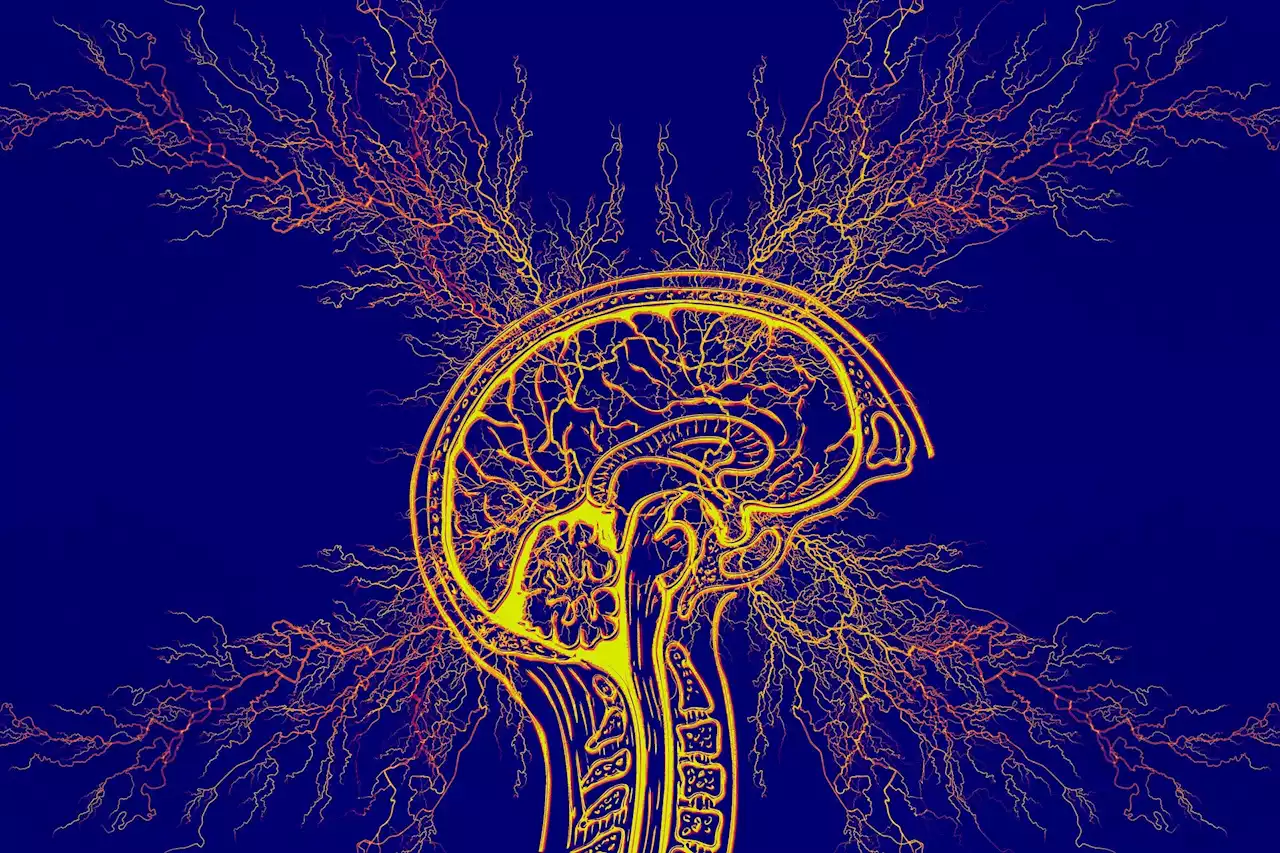 Study finds risk of seizures is higher after COVID-19 than after influenzaPeople who have a COVID-19 infection are more likely to develop seizures or epilepsy within the next six months than people who have an influenza infection, according to a study published in the November 16, 2022, online issue of Neurology. The increased risk was more noticeable in children than adults. It was also more noticeable in people who did not need hospitalization for COVID-19 infections.
Study finds risk of seizures is higher after COVID-19 than after influenzaPeople who have a COVID-19 infection are more likely to develop seizures or epilepsy within the next six months than people who have an influenza infection, according to a study published in the November 16, 2022, online issue of Neurology. The increased risk was more noticeable in children than adults. It was also more noticeable in people who did not need hospitalization for COVID-19 infections.
Lire la suite »
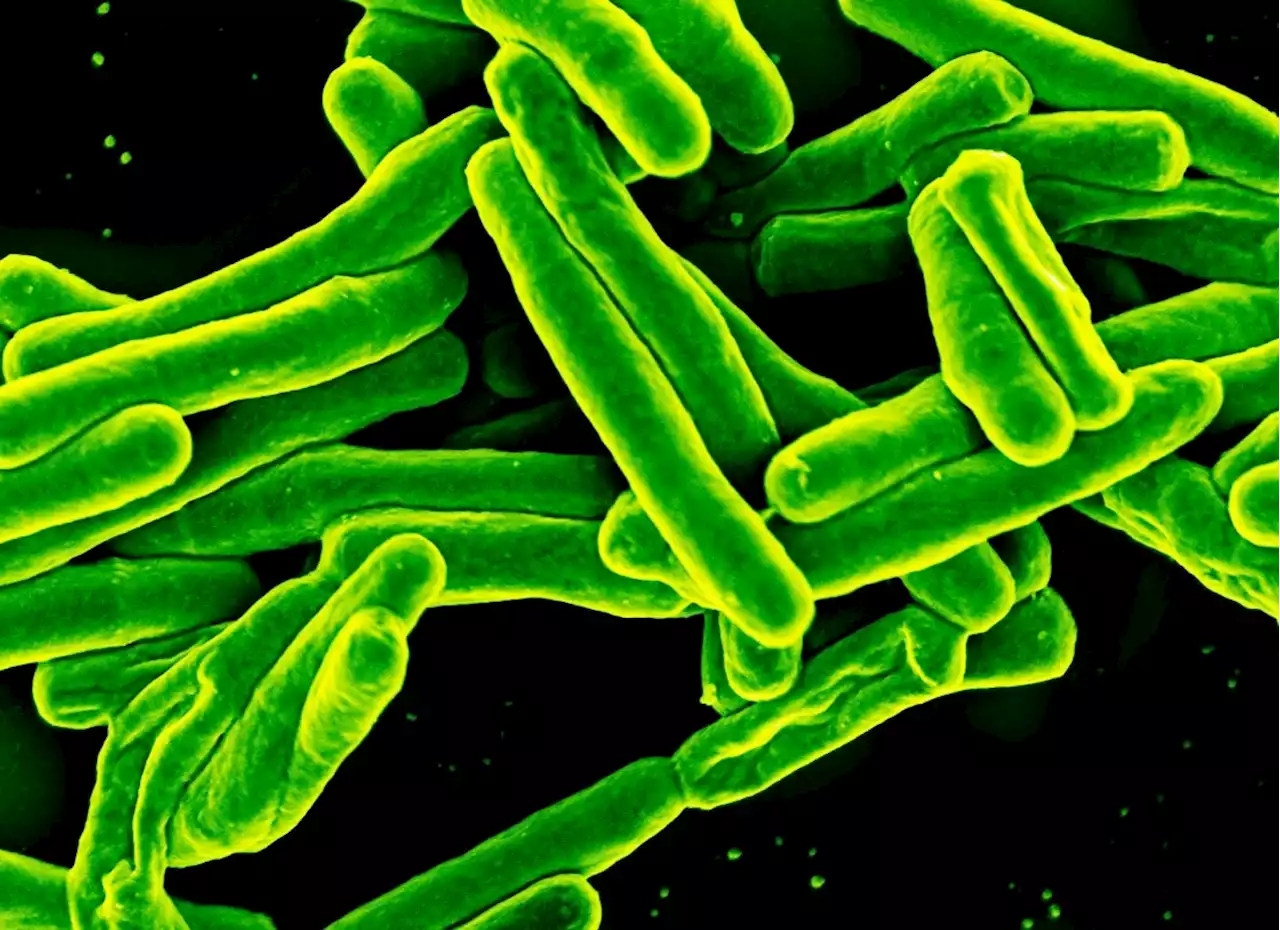 Study reveals neglected or late TB diagnoses related to COVID-19In a recent study published in the journal BMJ Medicine, researchers modeled changing patterns in sex- and age-stratified new and relapse tuberculosis (TB) case notifications reported to the World Health Organization (WHO) for 45 nations with high TB, TB/human immunodeficiency virus (HIV) and multidrug-resistant TB (MDR-TB) burden between 2013 and 2019 due to severe acute respiratory syndrome coronavirus 2 (SARS-CoV-2) infections.
Study reveals neglected or late TB diagnoses related to COVID-19In a recent study published in the journal BMJ Medicine, researchers modeled changing patterns in sex- and age-stratified new and relapse tuberculosis (TB) case notifications reported to the World Health Organization (WHO) for 45 nations with high TB, TB/human immunodeficiency virus (HIV) and multidrug-resistant TB (MDR-TB) burden between 2013 and 2019 due to severe acute respiratory syndrome coronavirus 2 (SARS-CoV-2) infections.
Lire la suite »
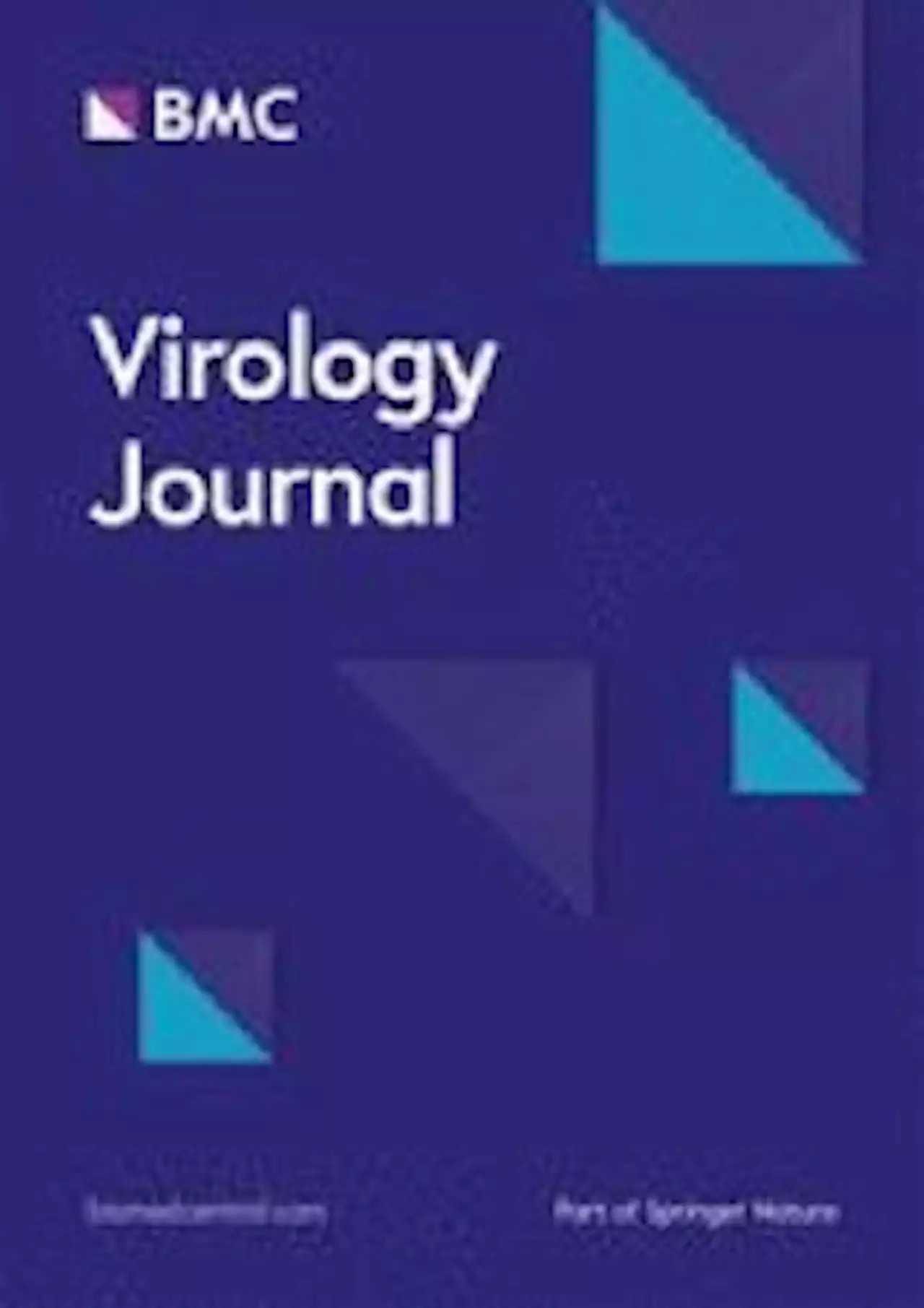 IgG response to spike protein of SARS-CoV-2 in healthy individuals and potential of intravenous IgG as treatment for COVID-19 - Virology JournalBackground The severe acute respiratory syndrome coronavirus-2 (SARS-CoV-2) is the cause of coronavirus disease 2019 (COVID-19), which is currently a worldwide pandemic. There are limited available treatments for severe COVID-19 patients. However, some evidence suggests that intravenous immunoglobulin (IVIg) provides clinical benefits for these patients. Methods We administered IVIg to 23 severe COVID-19 patients, and all of them survived. Four related coronaviruses can cause the common cold. We speculated that cross-reactivity of SARS-CoV-2 and other common coronaviruses might partially explain the clinical efficacy of IVIg therapy. Thus, we performed multiple alignment analysis of the spike (S), membrane (M), and nucleotide (N) proteins from SARS-CoV-2 and the common coronaviruses to identify conserved regions. Next, we synthesized 25 peptides that were conserved regions and tested their IVIg seropositivity. Results The results indicated four peptides had significant or nearly significant seropositivity, and all of them were associated with the S and M proteins. Examination of the immune responses of healthy volunteers to each synthetic peptide indicated high seropositivity to the two peptides from S protein. Blood samples from healthy individuals may have pre-existing anti-SARS-CoV-2 IgGs, and IVIg is a potentially effective therapy for severe COVID-19. Conclusion In conclusion, blood samples from many healthy individuals have pre-existing anti-SARS-CoV-2 IgGs, and IVIg may be an effective therapy for severe COVID-19.
IgG response to spike protein of SARS-CoV-2 in healthy individuals and potential of intravenous IgG as treatment for COVID-19 - Virology JournalBackground The severe acute respiratory syndrome coronavirus-2 (SARS-CoV-2) is the cause of coronavirus disease 2019 (COVID-19), which is currently a worldwide pandemic. There are limited available treatments for severe COVID-19 patients. However, some evidence suggests that intravenous immunoglobulin (IVIg) provides clinical benefits for these patients. Methods We administered IVIg to 23 severe COVID-19 patients, and all of them survived. Four related coronaviruses can cause the common cold. We speculated that cross-reactivity of SARS-CoV-2 and other common coronaviruses might partially explain the clinical efficacy of IVIg therapy. Thus, we performed multiple alignment analysis of the spike (S), membrane (M), and nucleotide (N) proteins from SARS-CoV-2 and the common coronaviruses to identify conserved regions. Next, we synthesized 25 peptides that were conserved regions and tested their IVIg seropositivity. Results The results indicated four peptides had significant or nearly significant seropositivity, and all of them were associated with the S and M proteins. Examination of the immune responses of healthy volunteers to each synthetic peptide indicated high seropositivity to the two peptides from S protein. Blood samples from healthy individuals may have pre-existing anti-SARS-CoV-2 IgGs, and IVIg is a potentially effective therapy for severe COVID-19. Conclusion In conclusion, blood samples from many healthy individuals have pre-existing anti-SARS-CoV-2 IgGs, and IVIg may be an effective therapy for severe COVID-19.
Lire la suite »
 Excess deaths by sex and Age Group in the first two years of the COVID-19 pandemic in the United States - Health Care Management ScienceThe COVID-19 pandemic hastened hundreds of thousands of deaths in the United States. Many of these excess deaths are directly attributed to COVID-19, but others stem from the pandemic’s social, economic, and health care system disruptions. This study compares provisional mortality data for age and sex subgroups across different time windows, with and without COVID-19 deaths, and assesses whether mortality risks are returning to pre-pandemic levels. Using provisional mortality reports from the CDC, we compute mortality risks for 22 age and sex subgroups in 2021 and compare against 2015–2019 using odds ratios. We repeat this comparison for the first twelve full months of the COVID-19 pandemic in the United States (April 2020–March 2021) against the next twelve full months (April 2021–March 2022). Mortality risks for most subgroups were significantly higher in 2021 than in 2015–2019, both with and without deaths involving COVID-19. For ages 25–54, Year 2 (April 2021–March 2022) was more fatal than Year 1 (April 2020–March 2021), whereas total mortality risks for the 65 + age groups declined. Given so many displaced deaths in the first two years of the COVID-19 pandemic, mortality risks in the next few years may fall below pre-pandemic levels. Provisional mortality data suggest this is already happening for the 75 + age groups when excluding COVID-19 deaths.
Excess deaths by sex and Age Group in the first two years of the COVID-19 pandemic in the United States - Health Care Management ScienceThe COVID-19 pandemic hastened hundreds of thousands of deaths in the United States. Many of these excess deaths are directly attributed to COVID-19, but others stem from the pandemic’s social, economic, and health care system disruptions. This study compares provisional mortality data for age and sex subgroups across different time windows, with and without COVID-19 deaths, and assesses whether mortality risks are returning to pre-pandemic levels. Using provisional mortality reports from the CDC, we compute mortality risks for 22 age and sex subgroups in 2021 and compare against 2015–2019 using odds ratios. We repeat this comparison for the first twelve full months of the COVID-19 pandemic in the United States (April 2020–March 2021) against the next twelve full months (April 2021–March 2022). Mortality risks for most subgroups were significantly higher in 2021 than in 2015–2019, both with and without deaths involving COVID-19. For ages 25–54, Year 2 (April 2021–March 2022) was more fatal than Year 1 (April 2020–March 2021), whereas total mortality risks for the 65 + age groups declined. Given so many displaced deaths in the first two years of the COVID-19 pandemic, mortality risks in the next few years may fall below pre-pandemic levels. Provisional mortality data suggest this is already happening for the 75 + age groups when excluding COVID-19 deaths.
Lire la suite »
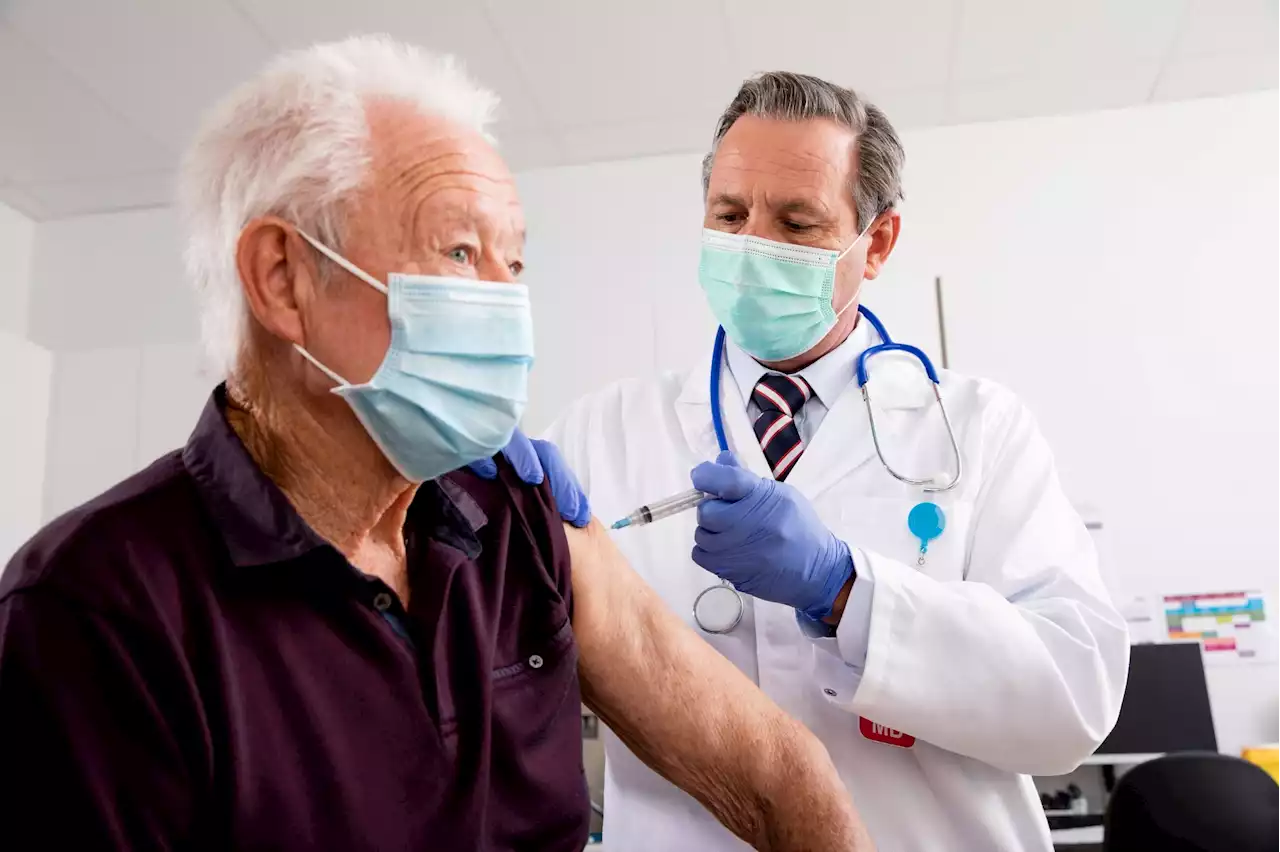 COVID-19 mRNA boosters induce robust but non-durable immune response in the elderlyA study published in the journal Frontiers in Immunology describes that the third booster dose of coronavirus disease 2019 (COVID-19) effectively induces an immune response against immunologically more fit variants of severe acute respiratory syndrome coronavirus 2 (SARS-CoV-2). However, the immunity induced by the booster vaccination is transient and gradually declines over time.
COVID-19 mRNA boosters induce robust but non-durable immune response in the elderlyA study published in the journal Frontiers in Immunology describes that the third booster dose of coronavirus disease 2019 (COVID-19) effectively induces an immune response against immunologically more fit variants of severe acute respiratory syndrome coronavirus 2 (SARS-CoV-2). However, the immunity induced by the booster vaccination is transient and gradually declines over time.
Lire la suite »
